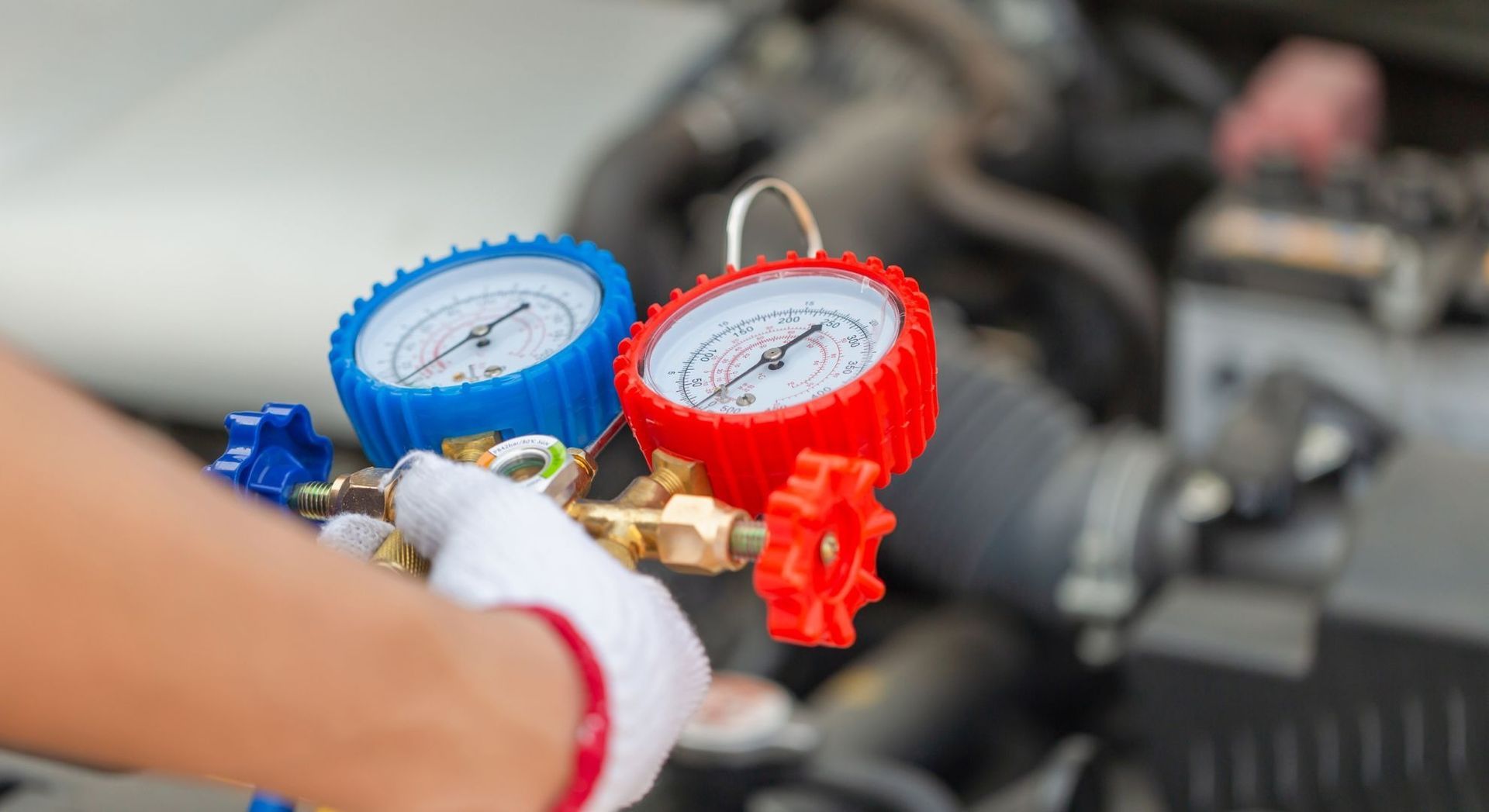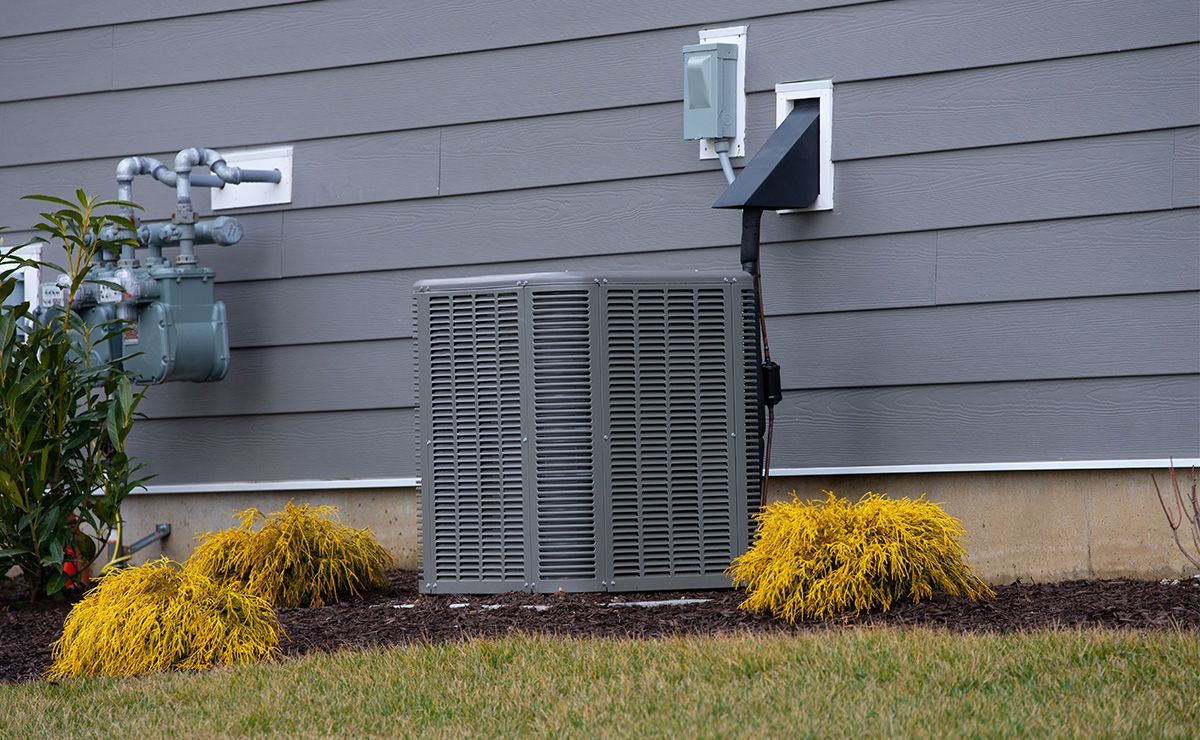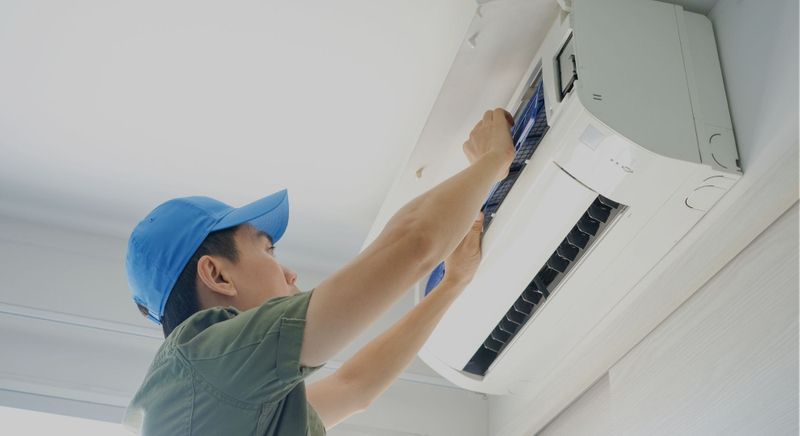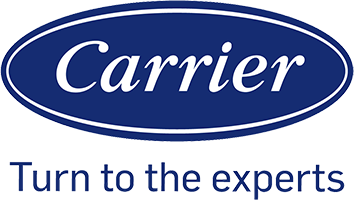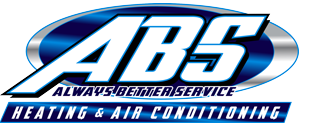What Is Considered An AC Emergency?
When it comes to your home's air conditioning system, there are certain situations that qualify as AC emergencies, requiring immediate attention from professionals like us at ABS Heating And Air Conditioning in Campbell, CA. Understanding what constitutes an AC emergency can help you act swiftly and prevent further damage to your system. Here are four common occurrences that signify an AC emergency. Get started today.
No Cool Air
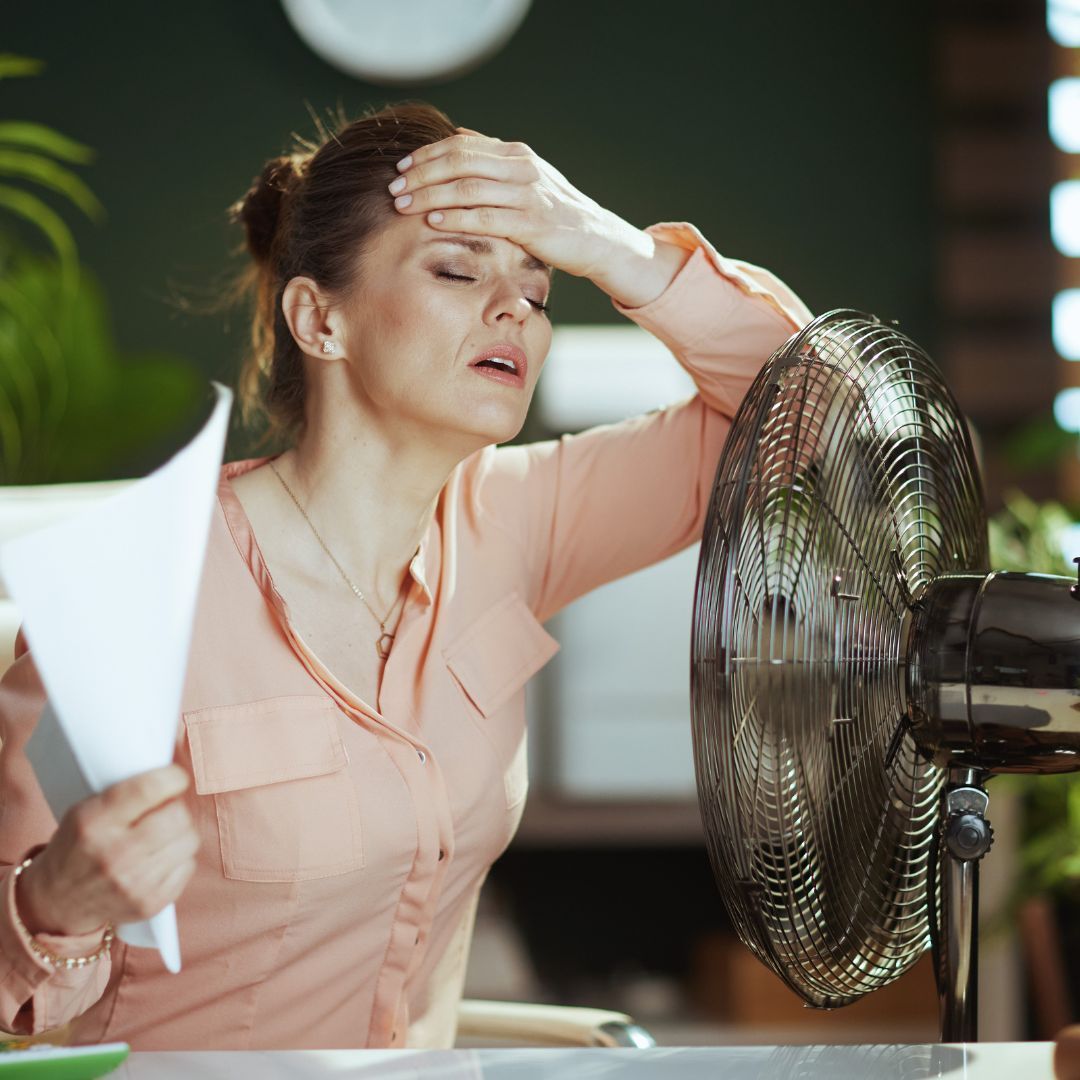
If your air conditioning system is running, but it is not producing cool air, it could indicate a serious issue. This lack of cooling could be due to a refrigerant leak, a malfunctioning compressor, or a faulty thermostat. Our team can diagnose the problem and restore your AC's cooling capabilities promptly.
Weak Airflow
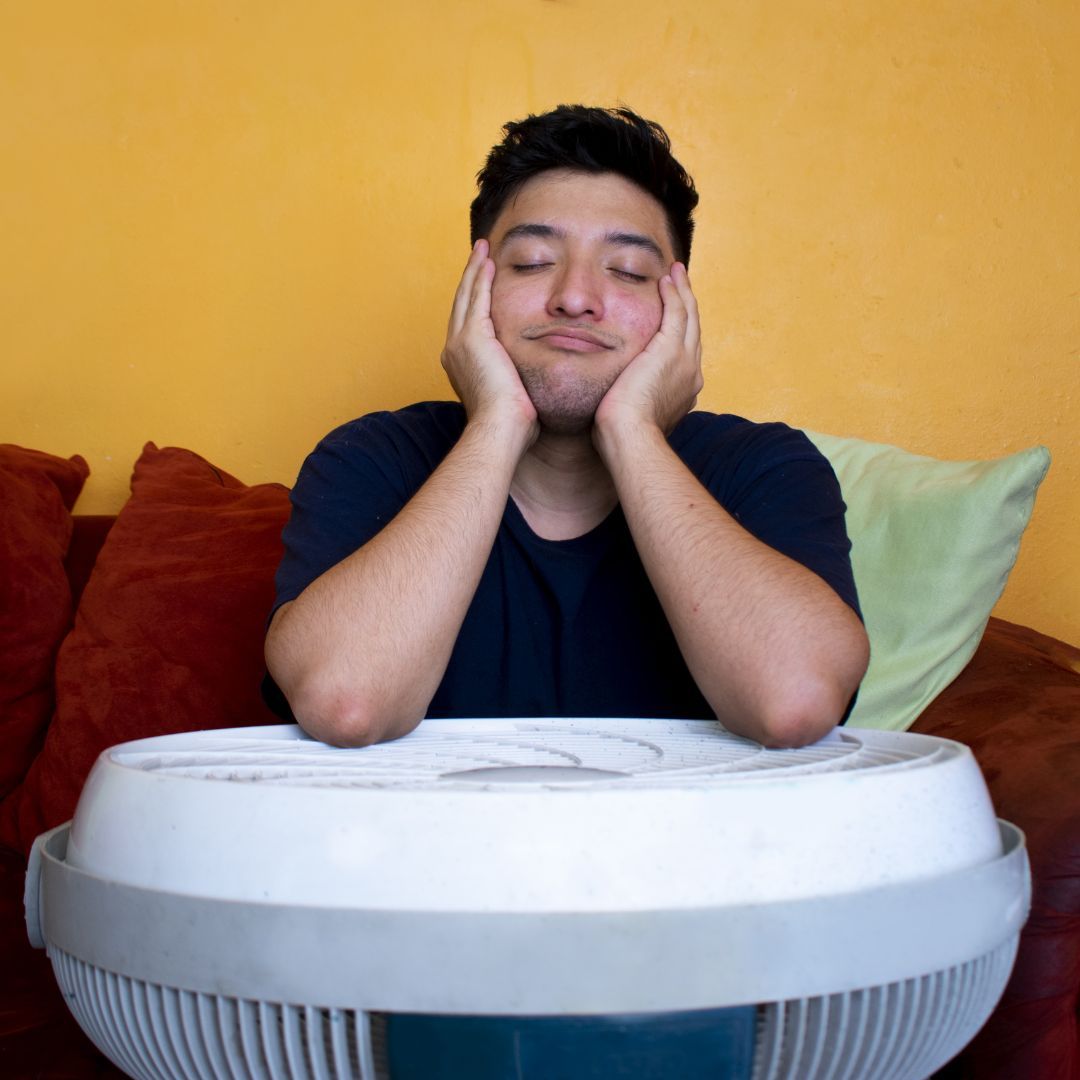
Poor airflow from your vents could be a sign of a clogged air filter, blocked ductwork, or a failing blower motor. Insufficient airflow not only hampers your comfort but also puts a strain on your system, potentially leading to overheating. Our experts can address airflow issues efficiently to ensure proper circulation in your home.
Strange Noises

Unusual sounds such as grinding, squealing, or banging coming from your AC unit are red flags that shouldn't be ignored. These noises could stem from loose components, motor issues, or debris trapped in the system. Our technicians have the expertise to pinpoint the source of the noise and resolve it before further damage occurs.
Foul Odors
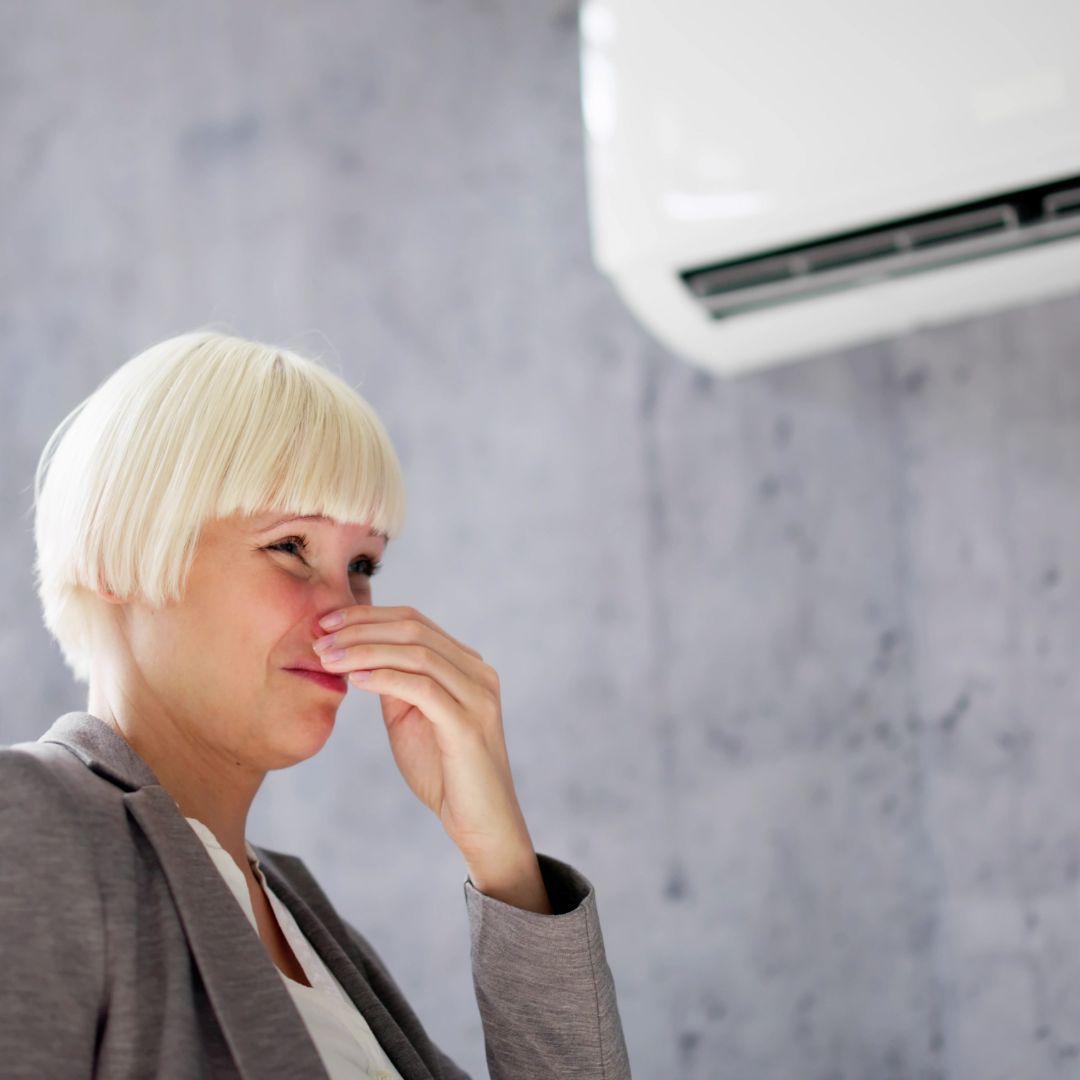
If your AC is emitting foul odors like mustiness, burning smells, or rotten eggs, it could indicate mold growth, electrical problems, or a gas leak. Breathing in contaminated air can pose serious health risks to your family. Our team can identify the cause of the odor and implement solutions to restore clean and fresh airflow in your home.
CALL TODAY
In any of these scenarios, it is essential to contact us immediately for professional assistance. Call our experienced team at ABS Heating And Air Conditioning in Campbell, CA, to address your AC emergencies promptly and effectively.
